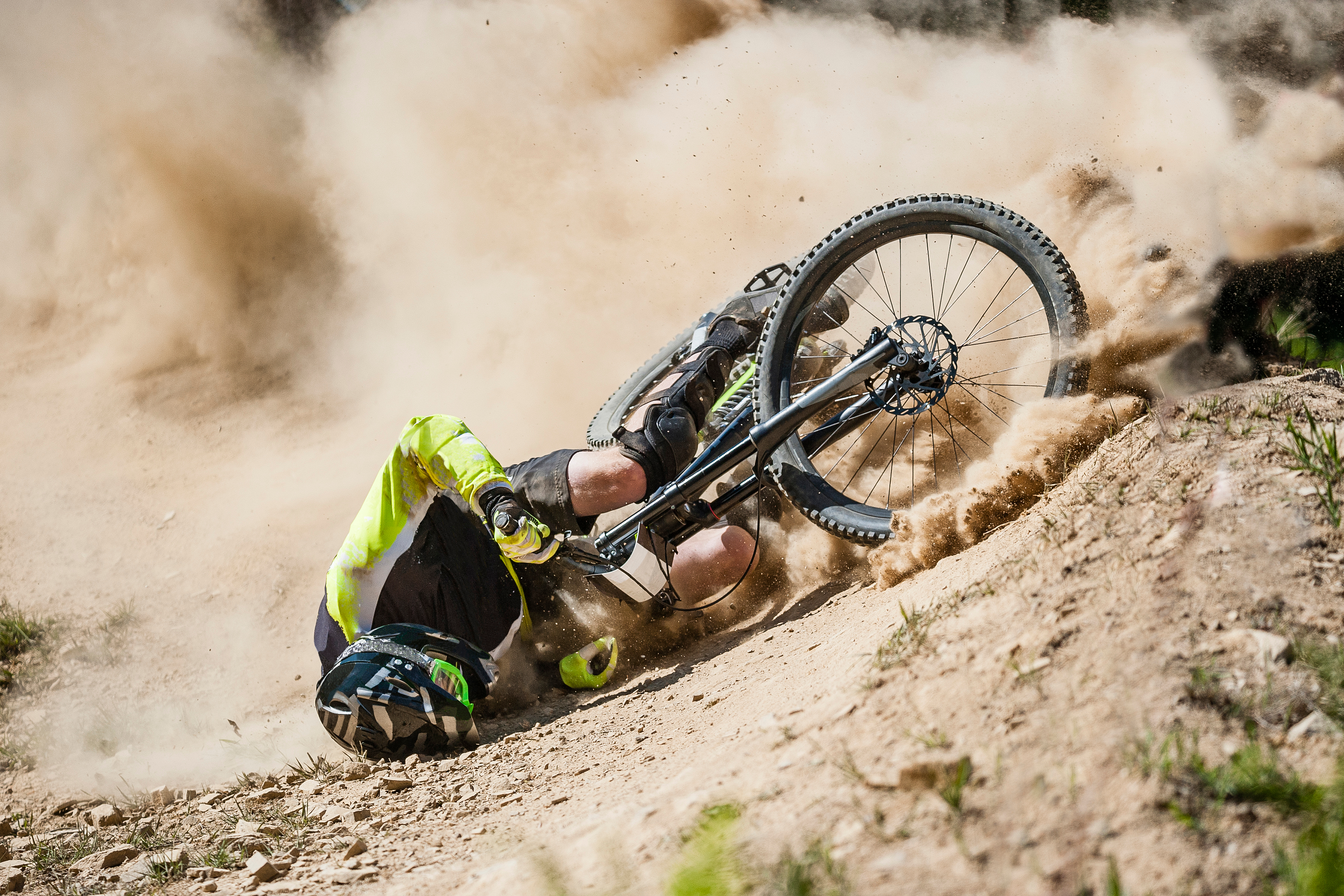Watching the world's elite athletes compete in the Summer Olympics can leave us on the edge of our seats. We hope not only for a victory but also for our favorite competitor to avoid injury.
It's no secret that the Summer Olympics are high-stakes, especially in combat and action sports. These sports, including boxing, BMX racing, skateboarding, and karate, carry a significant risk of impact-related injuries.
BMX racing has been compared to NASCAR on two wheels - but without the safety cage. Injuries can be catastrophic. At the 2024 Olympics in Tokyo, BMX defending champion Connor Field had a near-fatal accident resulting in:
- Torn shoulder ligaments
- A torn bicep
- Broken ribs
- Collapsed lung
- Subarachnoid hemorrhage and subdural hematoma (or bleeding on the brain)
High School Sports Injuries
"It’s not only Olympic sports that can be risky. When looking at injuries in high school students, the prevalence is also highest in sports with the potential for high-impact collisions," says Guillaume D. Dumont, MD, with Lexington Orthopaedics and Sports Medicine. According to a study published on the American Academy for Orthopaedic Surgeon's website, injury rates were highest in these sports:
- Football (3.96 per 1,000 athletic exposures (AEs)
- Girls' soccer (2.65)
- Boys' wrestling (2.36).
Additionally, the injury rates were higher in boys' sports (2.52) than in girls' sports (1.56) and more prevalent during competition than in practice.
Sprains/strains (36.8%) and concussions (21.6%) were the most common diagnoses. The most injured body sites were the head and face (24.2 %), ankle (17.6 %), and knee (14.1 %). Fractures represented 3.5% of all injuries and were more common in boys' sports.
Preventing Injuries
While there is inherent risk in some sports, there are things you (or your child) can do to prevent injuries:
- Wear quality protective equipment such as padding, helmets, shoes, and mouthguards.
- Get a preseason physical.
- Stretch and warm up before training.
- Use proper technique for your sport.
- Cross-train or participate in multiple sports to prevent overuse injuries.
- Get adequate rest.
- Speak up if you're in pain or something doesn't feel right.

Guillaume D. Dumont, MD, Lexington Orthopaedics and Sports Medicine






Leave a comment